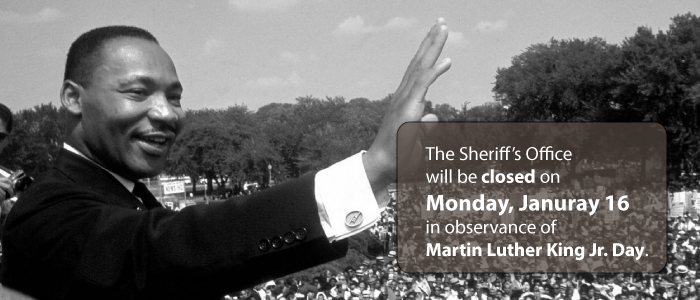This was originally posted by Philadelphia Free Press. You can find the original piece here http://philadelphiafreepress.com/philadelphia-inquirer-seems-to-want-to-keep-public-notice-from-the-public-p7318-1.htm
Wed, May 23, 2018
By Jim Haigh
Special to the University City Review
A few weeks ago, the Philadelphia Inquirer published a deep dive into the fascinating domain of public notice. This is advertising that is required by law to be published in a newspaper, and is generally paid for by a governmental entity or stakeholders in a legal proceeding. The object of the INKY’s attention was the notice required for Sheriff Sales, and they took the tone of righteous watchdog in bashing both the Sheriff — and all publications not named Inquirer or Daily News (or Legal Intelligencer) — for bringing public notice to the public.
Readers of “Sheriff sale ads: A bonanza for the politically connected in Philly” can be excused for coming away with a sense of waste, fraud, abuse and dirty dealings. Because that was the obvious intent of the inflammatory headline, dramatic prose and sidebars on spending by the individual media outlet. But while INKY readers can be excused, the paper cannot: it was a self-serving, misleading and otherwise undemocratic smear job on both competitors and public notice.
A more accurate headline would read: “As INKY circulation shrinks, raises ad rates, Sheriff seeks more outlets to notify public, boost sales,” because that is, in fact what is really going on. A legitimate investigation into government malfeasance would enumerate harms, and would also be transparent in revealing any conflicts of interest held by the journalistic enterprise. The Inquirer failed horrifically on both counts. They failed to report that actual Sheriff Sale revenues have gone up dramatically with public notice being shared with more of the public. They failed to reveal the extent to which their far-ranging public notice monopoly is a “bonanza” to their bottom line — and that they have directly lobbied against reforms that would bring more notice to more of the public.
As it turns out, the Sheriff’s decision to do what businesses do in the private sector — treat advertising as an investment — resulted in a “bonanza” in collections, to the tune of tens of millions of dollars. Here’s the money quote from PGN publisher Mark Segal in his blistering rebuttal to the hit piece, “The Inquirer did not make clear that from 2012 to 2017, since the expansion of multi-cultural advertising and changes in the Sheriff’s office, the collection of delinquent taxes and fees from the Sheriff’s office rose from $27 million to $61 million. According to the Sheriff’s office, $248.9 million has been contributed to the city tax roles since 2013.” So for all the facts and figures uncovered, strung together with innuendo of fraud and belittlement of loyal readers of all hometown papers not owned by Philadelphia Media Network, how can anyone believe they somehow missed the bigger, inconvenient truth: more notice to more of the public leads to better results?
When the blowback subsides, the INKY hatchet job on Sheriff Sale advertising will probably just be a blip on the longer arc of pay-to-read newspapers attacking rivals seeking to compete for legal advertising and public notice. While Sheriffs have discretion to operate more like the private sector in their advertising planning, the vast majority of local government bodies — cities, boroughs, townships, counties — can only advertise in a paid subscription model newspaper. Across our Commonwealth, community papers that have been delivered free to every neighbor in town for generations are not an option for official public notice, mandated by law to be published and paid for with local tax dollars. This paper, along with its trade association, the Mid-Atlantic Community Papers Association, have fought long and hard to change the law last modified in 1976. But in the face of logic, economics, proven results like the Philly Sheriff’s — and in spite of the downward spiral of paid circulation — publications including the Inquirer have been able to convince state legislators that public notice law dating back to Jimmy Carter’s peanut whistle is still in the public’s best interest.
Stay tuned….
Jim Haigh
Advocate for Local Media & Small Business










